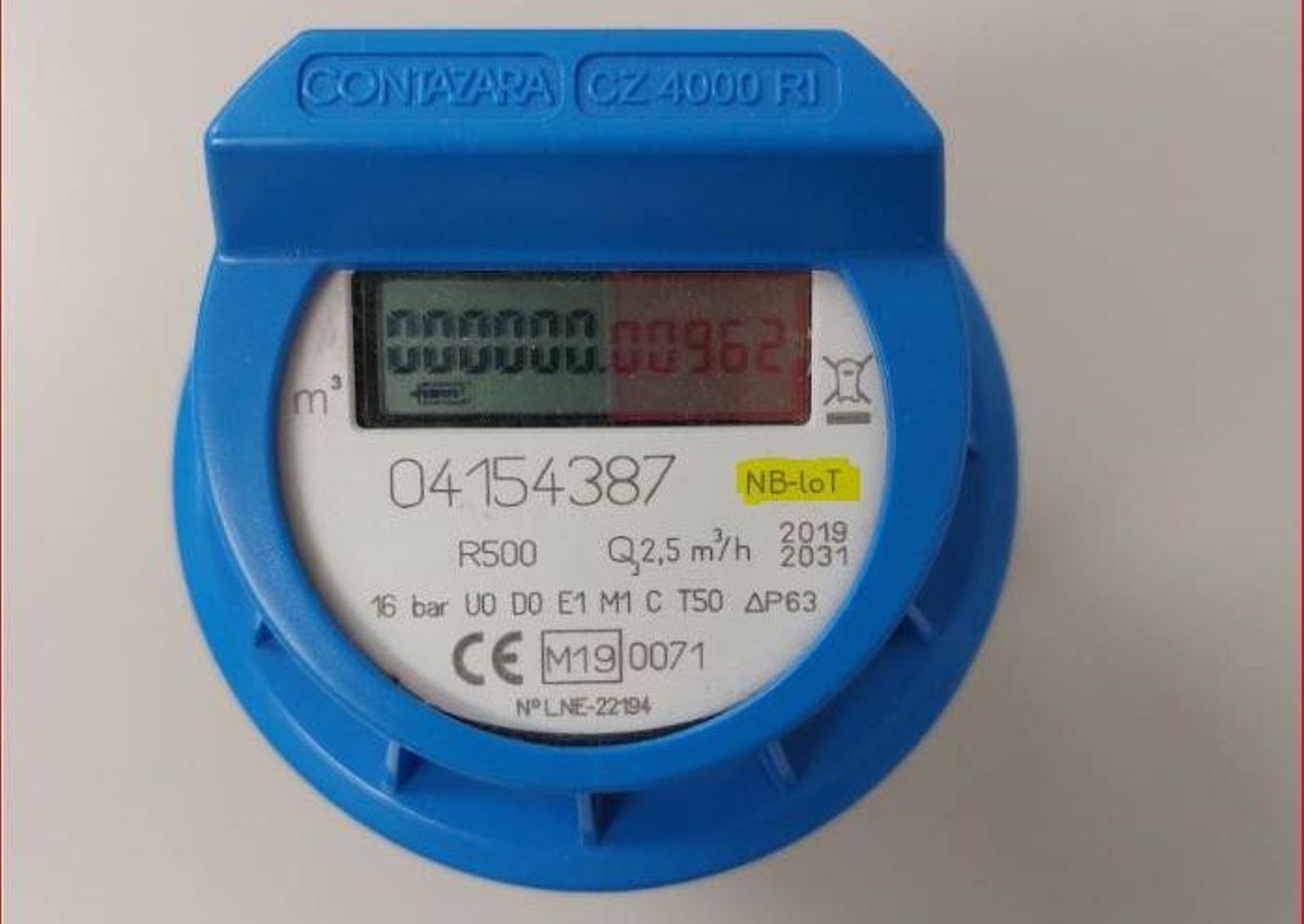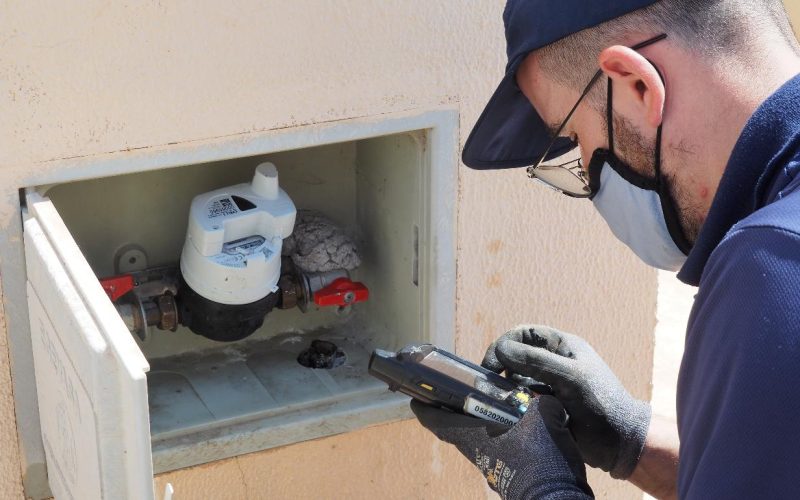In the realm of resource management, water stands as a precious and finite commodity, essential for human survival and economic prosperity. As populations expand and urbanization intensifies, the demand for water continues to rise, placing a strain on existing water supplies and infrastructure. To address these challenges, technological advancements have emerged, offering innovative solutions to conserve this vital resource. Among these solutions, smart water meters stand out as a transformative technology, revolutionizing water management practices and empowering both consumers and water utilities.
Unveiling the essence of smart water meters
Smart water meters, also known as advanced metering infrastructure (AMI) systems, are sophisticated devices that go beyond mere water consumption measurement. They provide real-time data on water usage patterns, leaks, and potential tampering, enabling a comprehensive understanding of water distribution and consumption within a network. This granular data empowers water utilities to optimize their operations, improve customer service, and promote water conservation practices.
Benefits of smart water meters for water utilities
The adoption of smart water meters by water utilities has brought about a multitude of benefits, transforming the way they manage and deliver water to their customers.
- Leak detection and prevention: Smart water meters can detect leaks in real-time, alerting utilities to potential water loss before it becomes a significant issue. This proactive leak detection capability minimizes water loss, reducing operational costs and conserving precious water resources.
- Network monitoring and optimization: Smart water meters provide real-time data on water pressure and flow rates throughout the distribution network. This data enables utilities to identify areas of pressure loss or excessive flow, allowing them to optimize network performance, reduce energy consumption, and improve overall efficiency.
- Revenue management and billing accuracy: Smart water meters provide accurate and tamper-proof consumption data, eliminating the need for estimated billing and ensuring fair and transparent billing practices. This accuracy improves revenue collection for utilities and promotes customer satisfaction.

Benefits for consumers
It offers a range of advantages for individual consumers, empowering them to make informed decisions about their water usage and contribute to conservation efforts.
- Real-time water usage monitoring: Provide consumers with real-time data on their water usage, enabling them to track their consumption patterns and identify areas where they can conserve water. This awareness can lead to significant water savings and reduced utility bills.
- Leak detection and prevention: Can detect leaks within a consumer’s property, alerting them to potential water loss issues. This early detection allows for prompt repair, preventing water damage and saving money on water bills.
- Water conservation incentives: Water utilities may offer incentives to customers who adopt smart water meters, such as rebates on water bills or discounts on water conservation appliances. These incentives encourage water conservation and promote responsible water usage practices.
Overcoming challenges and ensuring successful implementation
Despite the numerous benefits of this artifacts, certain challenges need to be addressed to ensure their successful implementation.
- Data privacy and security: Consumers may raise concerns about the privacy of their water usage data. It is crucial for water utilities to implement robust data security measures and clearly communicate data privacy policies to gain consumer trust.
- Initial investment costs: The installation and implementation of this artifacts infrastructure can involve significant upfront costs for water utilities. Careful cost-benefit analysis and phased implementation strategies can help utilities manage these costs and realize the long-term benefits of smart water meters.
- Consumer education and engagement: Educating consumers about the benefits of this artifacts and providing clear instructions on their usage is essential for promoting adoption and ensuring effective utilization.
Conclusion
This water meters represent a transformative step towards sustainable water management and conservation. By providing real-time data, enabling leak detection, and empowering consumers to make informed choices, smart water meters are revolutionizing the way water is managed and consumed. As water utilities and consumers embrace this technology, we can move towards a future where water is used more efficiently, conserved for future generations, and valued as the precious resource it truly is.
Visit: water bilge pumps.

